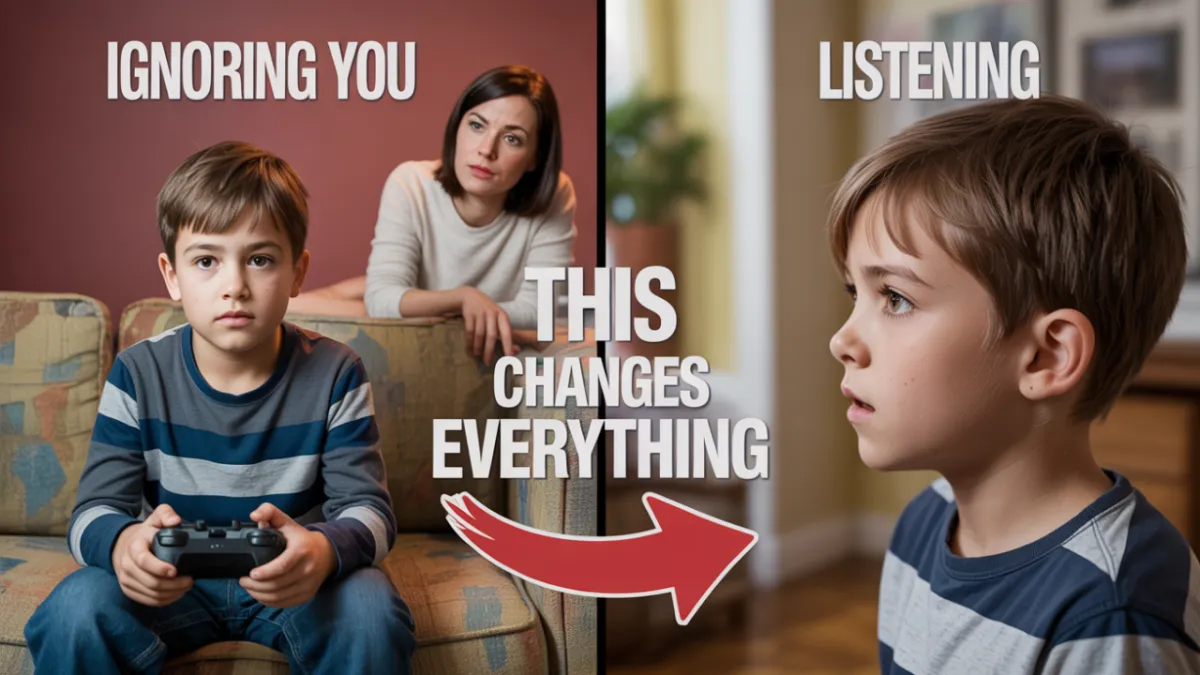
Teach Them to Listen, Before It’s Too Late


How often does your child listen the first time you ask them to do something?
Whether it’s putting their toys away or emptying the dishwasher, if your answer is “less than often,” then I know how frustrating that can be. And here’s the real kicker: when your child consistently ignores your requests, day in and day out, resentment builds, tension mounts, and your parent-child relationship suffers.
The good news? There’s one powerful strategy that can help you raise a “first-time listener.” And no matter your child’s age, using this technique can drastically improve how well they follow through. Let’s dive in.
Step One: Use the Words “Acknowledge & Respond”
It may sound simple, but these two words make a big impact.
Instead of just asking your child to do something like “Please turn off the TV” and hoping for the best, try adding: “Acknowledge and respond.” That phrase tells your child that you expect:
Acknowledgement that they’ve heard you
A verbal response confirming they’ll act now
So instead of a vague “Okay,” you might hear: “Okay, Mom. I’ll turn it off now.” That moment of active response makes all the difference.
Why This Works: Attention & Manifestation
There are two reasons this method is so effective.
1. Attention
Kids often rely on divided attention, they hear you but remain focused on the TV, game, or device. By asking them to respond verbally and repeat the task back, you claim more of their focus. This increases the odds they’ll actually follow through.
2. Manifestation
Speaking something out loud helps make it real. Psychologists call this the verbalization effect. When your child says, “I’ll turn off the TV now,” they’re more likely to follow through because their brain is aligning thought with action.
Three Tips to Make It Stick
To get the most out of “Acknowledge & Respond,” keep these essential tips in mind:
Proximity & Eye Contact
Make sure you’re close enough for them to hear you and ask for eye contact.Consistency
Use this approach regularly to form the habit. It becomes second nature with practice.Positive Reinforcement
Celebrate their efforts, especially early on. A little praise goes a long way in reinforcing good habits.
Final Thoughts
This simple shift can ease frustration and restore harmony in your relationship. And once you start seeing results, you’ll wonder why you didn’t try it sooner.
Want more strategies like these?
Join my newsletter for weekly tips, resources, and answers to real-life parenting challenges. You're not alone—and you're doing better than you think.
Learn more about my Better Behavior Blueprint program at drlindsayemmerson.com/workshop
